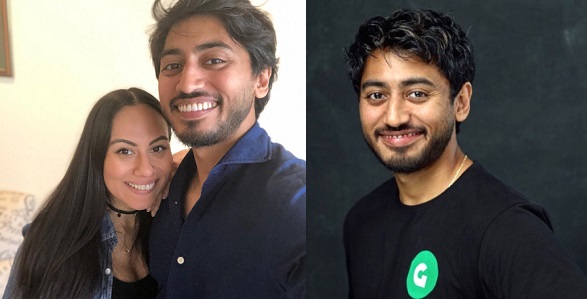Ruby Angela Saleh, sister of murdered Gokada CEO Fahim Saleh has penned down an emotional tribute to her brother.
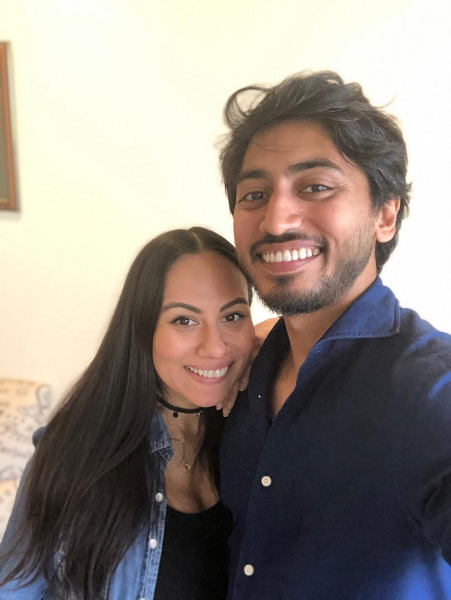
If you recall, the limbless, headless torso of the millionaire tech entrepreneur was found inside his $2.25 million apartment in New York on Tuesday afternoon, with an electric saw lying next to the remains, police in New York said.

In an article posted on Medium by Ruby, she described in detail Fahim’s life events, death and funeral.
She wrote about how she heard about her brother’s death:
On July 14th at 10:47 pm, my phone rang. I was in bed next to my husband and had just begun dozing off, but I answered because it was my aunt, calling from New York. “I have some very bad news,” she said. She sounded spooked and was reluctant to divulge more, so I knew something really bad had happened to someone in my immediate family. My shoulders stiffened while the rest of my body went limp. Maybe one of my parents had Covid?
“What happened?“ I kept asking. “What happened?” I was having trouble drawing a breath. I put the phone on speaker so my husband could listen.
“It’s very bad,” she said.
“Just tell me, Aunty. What happened?”
“Fahim isn’t with us anymore,” she said.
Her words didn’t make sense. “What do you mean?” How could my healthy, vibrant, creative, beautiful 33-year-old baby brother not be “with us anymore”?
Ruby continued:
“Within 48 hours of hearing the news, I was sitting with my cousin and sister on floral bedsheets on my cousin’s cast iron bed when I got a call from the funeral home. The man on the line said that due to Covid, I would have to identify my brother’s body via a photo he would send to me. His message popped up within minutes. I immediately felt nauseated. “It’s here,” I said. My sister, cousin, and I held hands and said a prayer before opening the attachment. And there it was: a photo of my beautiful brother, lifeless.
My sister howled. “No, no, no, it’s real now, it’s real now,” she kept repeating.
I held her tight. We wanted to ask that photo, ask our beloved brother, “How did this happen to you, baby?” I began to caress his face on the computer screen with my index finger as tears poured down my cheeks. I just wanted to tell him, “I’m so sorry, Fahim, I’m so sorry, Fahim. My poor, sweet brother. My heart.”
My father heard our cries and knocked on the door, asking what was going on. We quickly shut the computer, wiped our faces, and told him we were fine. We could never tell him what we had seen.”
She went on to describe what her growing up years with Fahim was like.
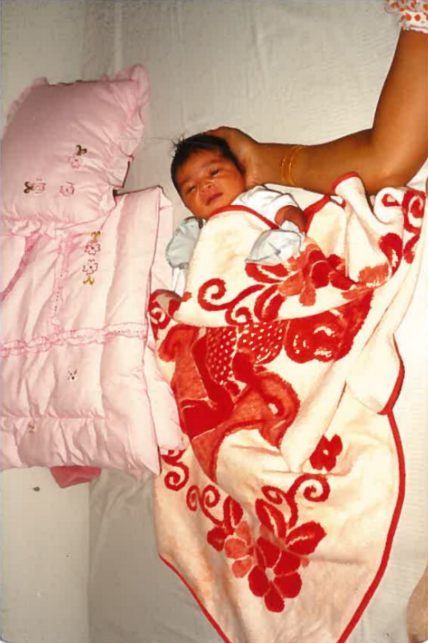
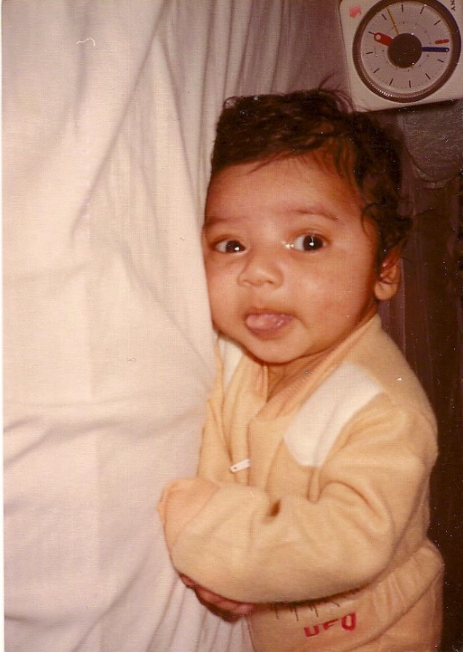
According to Ruby, Fahim was passionate about technology and discovering internet was a way for him to channel God’s given gift.
She spoke about how industrious the CEO of Lagos-based motorcycle-hailing company was, even from a very young age.
He built his first website at 12, “The Saleh Family” and monetized his first website at the age of 13.
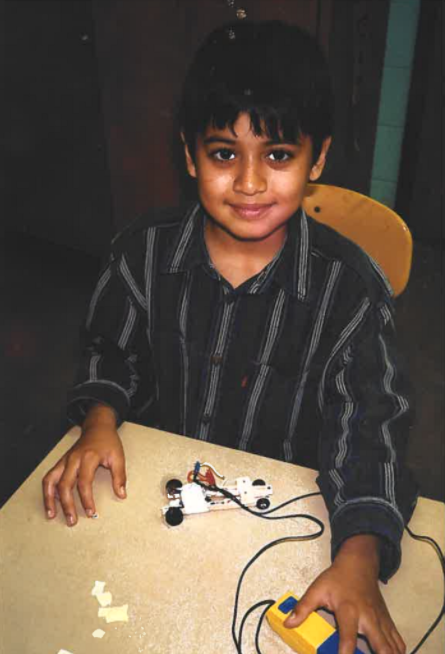
She added:
From the time he discovered the Internet until the time I last saw him, my brother could get so lost in his work that the sun could come up before he realized he had skipped both lunch and dinner. Our father fretted over Fahim’s habits.
Ruby spoke about Fahim’s numerous business endeavours and his desire to impact the lives of people.
She wrote:
At 33, his business interests had matured from expressing his love of jokes and pranks to changing people’s lives through technology in the developing world, while employing the most impoverished of them. Having come from so little, Fahim had zero interest in being a rich entrepreneur who only hung out with other rich entrepreneurs. His heart was most open to those in need. “These drivers depend on me,” he would say when talking about Gokada, the motorbike-hailing app he developed in Nigeria. Just as he had once been determined to ease our father’s hardships, he later dedicated himself to easing the hardships of countless others.
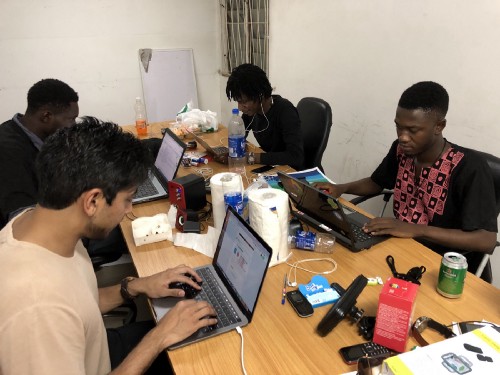
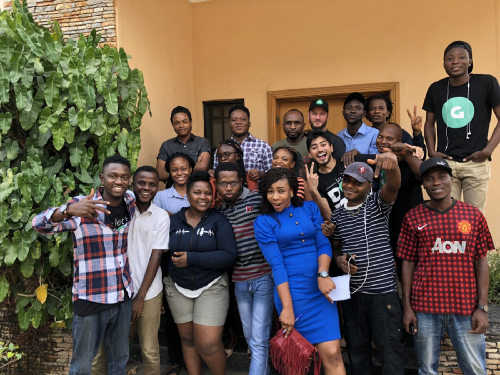
Ruby further narrated the events that happened before and during Fahim’ funeral.
But on Sunday, July 19th, 2020, my family and I had to bury my sweet brother in the Hudson Valley. I had to arrange my beautiful boy’s funeral. Three days prior, the funeral home called to report that it would not be possible to sew his limbs and head back onto his torso before burial. Upon receiving that news, I closed my eyes and crossed my arms over my chest like a Pharaoh, squeezing my phone against my body. My hands formed fists that I pushed into my heart with all my strength to contain my pain. Then I pleaded with the man to make sure all of my sweet brother’s body parts were in their proper places in the casket. The day before the funeral, the man called me again. “It wasn’t easy, but we were able to put him back together,” he said.
The morning of the funeral, I laid restless and limp in my sister’s bed at 3 a.m. listening to my parents sob together in Fahim’s room, with the checkered bed sheets and our childhood photos on the wall, their conversation too muffled behind the wall to understand.


